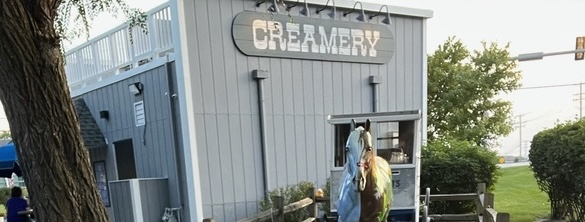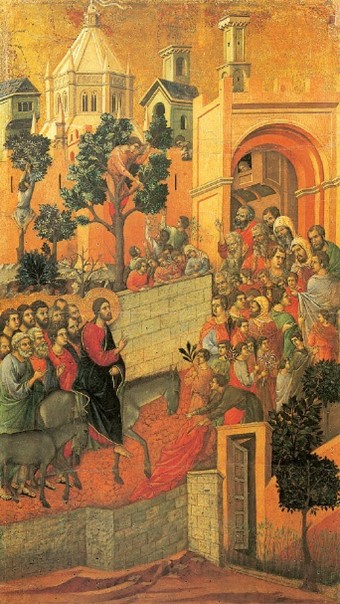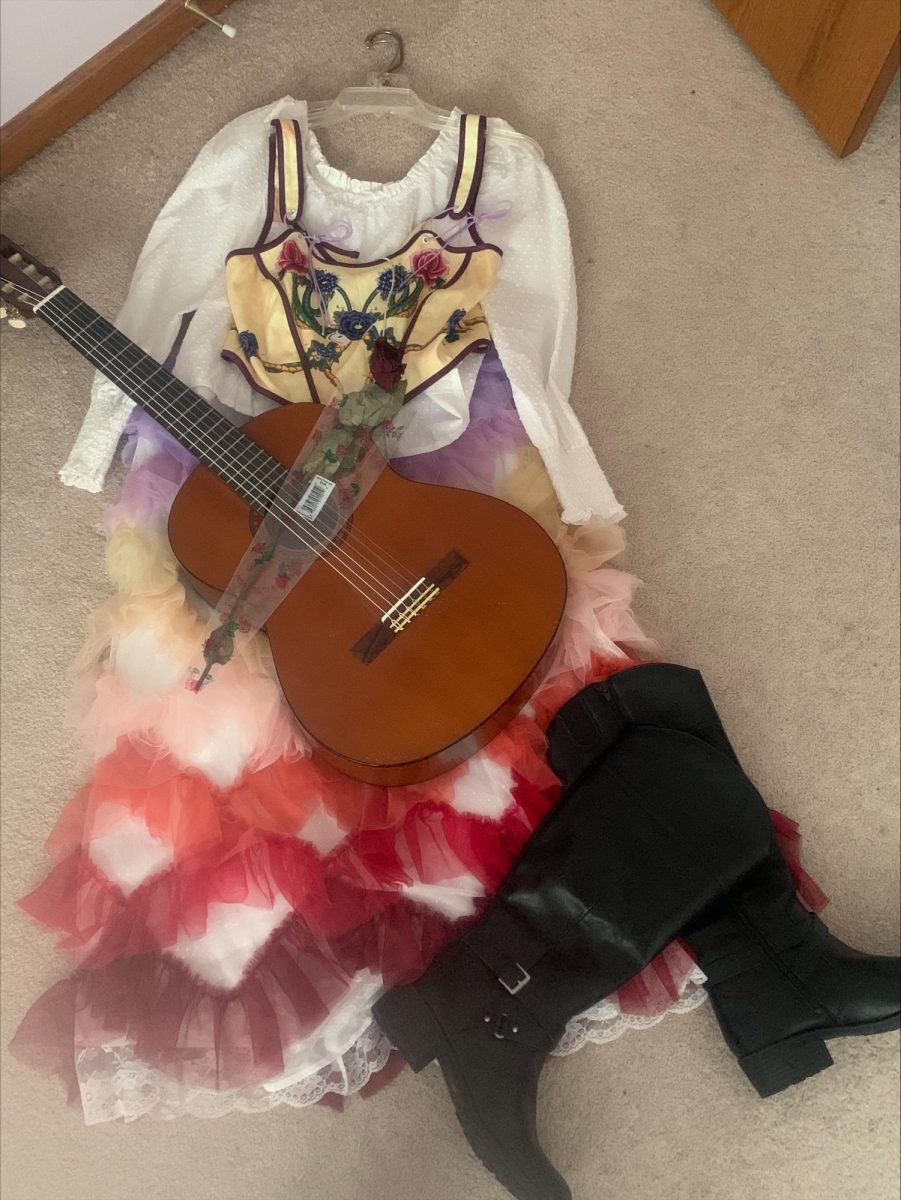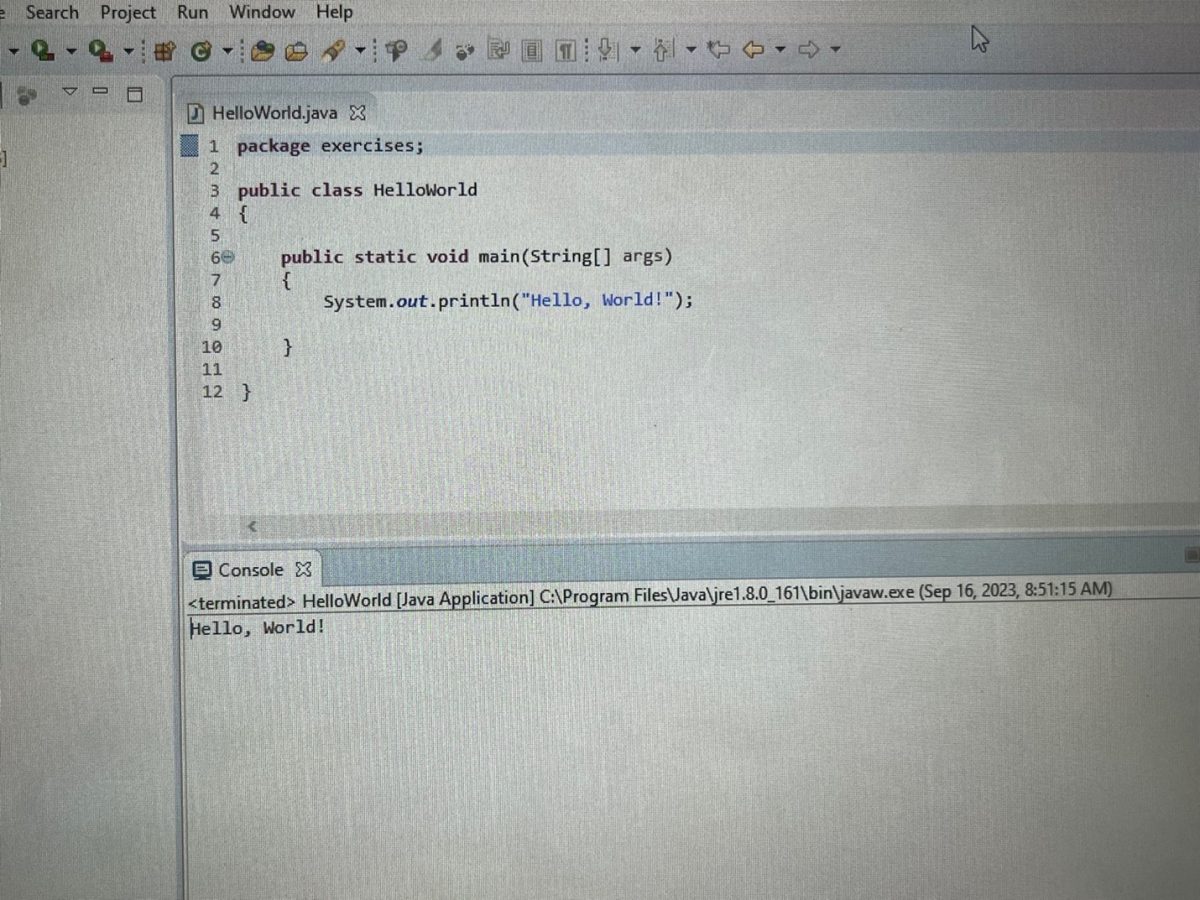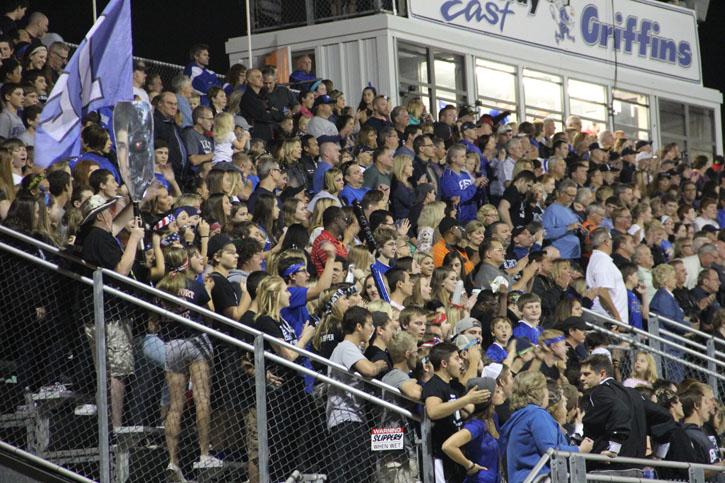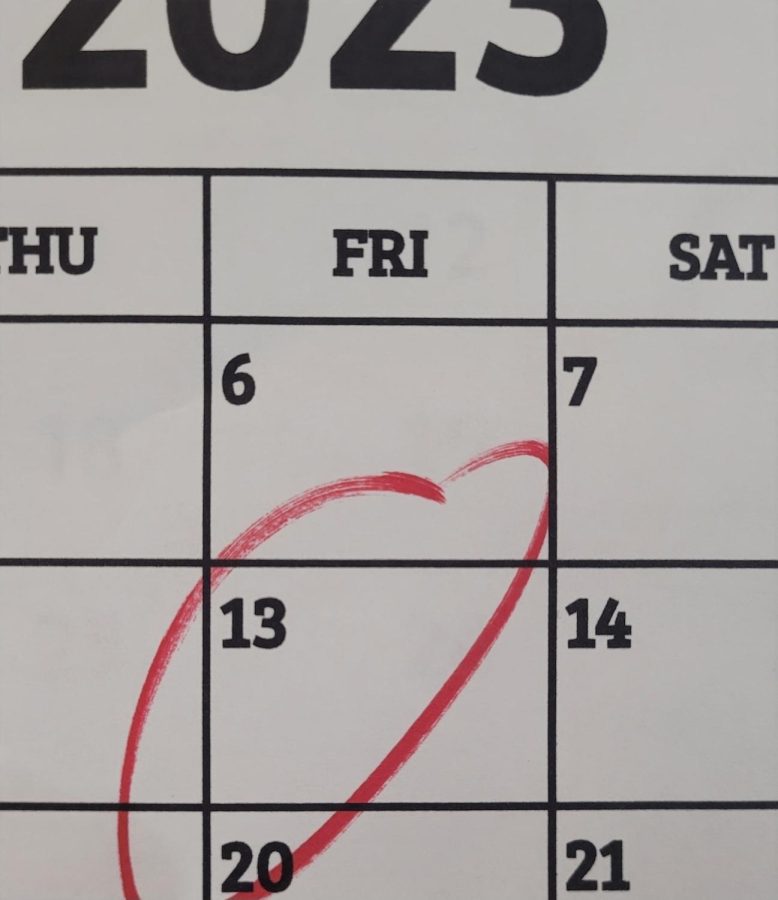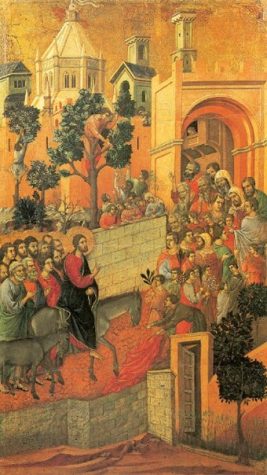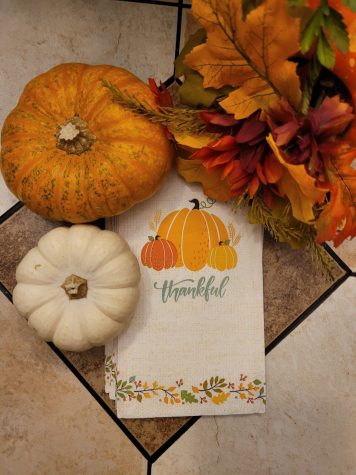Triskaidekaphobia (The extreme superstition regarding the number thirteen)
January 24, 2023
Long considered a bearer of bad luck, Friday the 13th has inspired a belief in Western society that continues to haunt us today. The historian Donald Dossey says the unlucky superstition surrounding the number 13 originally came from a Norse myth about 12 Gods having a dinner party in Valhalla. The Trickster God, Loki, arrived as the 13th guest despite not being invited. He somehow arranged for the God Höor to shoot Balder the God of light with a mistletoe-tipped arrow during the dinner. When Balder died, the whole Earth mourned his death and it was an unlucky day for all. This major event in Norse mythology caused the number 13 to be considered unlucky for centuries to come.
The pairing of the number 13 and the day Friday along with its association with misfortune didn’t occur until the 19th century. A character in the 1834 play Les Finesses des Gribouilles states, “I was born on a Friday, December 13th, 1813 from which come all of my misfortunes”. This, along with other media throughout history all contributed to popularizing the superstition.
Today, an estimated 17–21 million people in the United States are still affected by a fear of this day, making it the most feared date in history. Some are so engrossed in their fear that they abandon their normal routines in doing business, taking flights or even leaving their house resulting in an estimated $800-$900 million in lost revenue. In fact, many if not all buildings omit the 13th floor in elevators and the biggest elevator corporations claim that around 85% of the elevators they make do not have the number 13 on the elevator panel. It’s become such a norm that it’s unnoticeable. When was the last time you pushed the 13th floor button?

